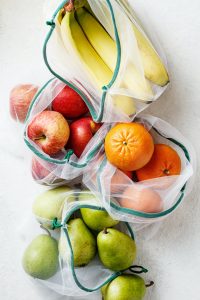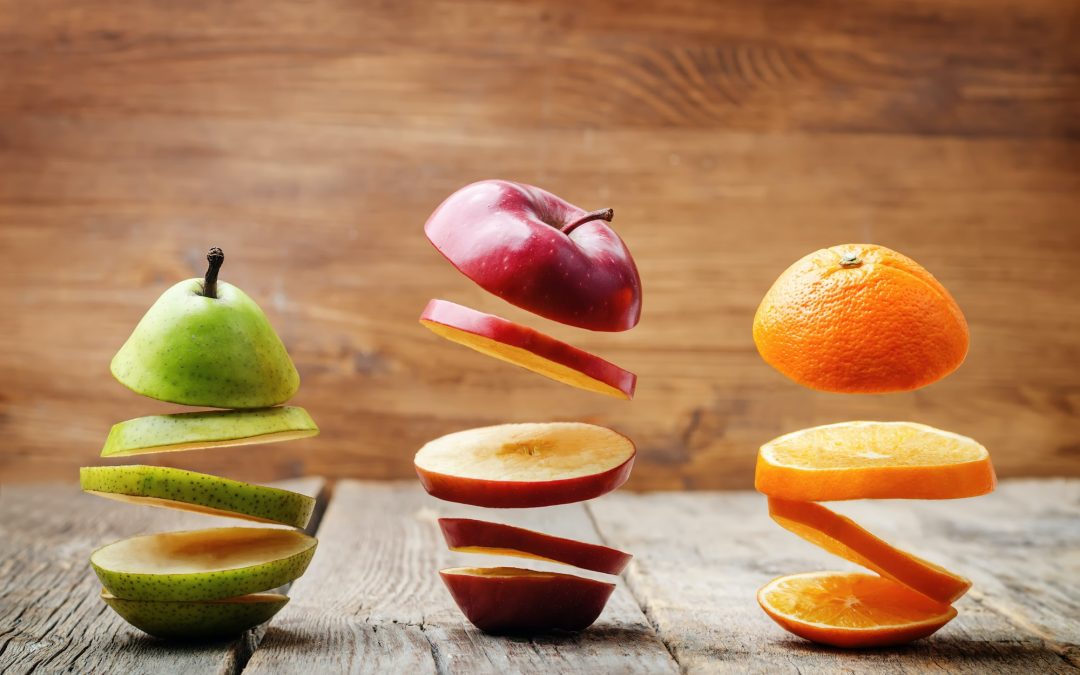Can eating certain foods improve your cholesterol levels? The following are key vegetables and fruits that help with cholesterol.
While your body needs a certain amount of cholesterol to function, too much of it can increase your health risks. Fortunately, you can help lower your cholesterol levels by eating certain fruits and vegetables.
The following is an overview of how cholesterol affects your health and which fruits and vegetables are best for lowering cholesterol.
Cholesterol Explained
According to the American Heart Association (AHA), cholesterol isn’t inherently bad and actually helps build cells. However, your liver makes all the cholesterol you need, so the amount that you get from animal foods is additional. Moreover, this dietary cholesterol can be high in saturated fat, leading to more cholesterol production.
It’s also important to distinguish the two types of cholesterol: LDL (low-density lipoprotein) and HDL (high-density lipoprotein) cholesterol. LDL cholesterol is the “bad” type because it can clog up your arteries, while HDL is the “good” type because it helps remove excess LDL. It’s important to consider your LDL, HDL, triglyceride, and total cholesterol levels to get an accurate picture of your health risks.
Fruits and Vegetables
 If you already know your levels are too high (or you want to prevent them from increasing), then you need to eat certain foods. Foods that are rich in soluble fiber, niacin, vitamin C, and vitamin E are especially helpful.
If you already know your levels are too high (or you want to prevent them from increasing), then you need to eat certain foods. Foods that are rich in soluble fiber, niacin, vitamin C, and vitamin E are especially helpful.
Eating foods that are rich in soluble fiber can help your digestive tract from absorbing cholesterol. The U.S. National Library of Medicine recommends eating apples, bananas, oranges, pears, prunes, beans, and peas for soluble fiber.
In addition to fiber, consuming certain vitamins can help reduce cholesterol levels. However, these benefits are generally associated with high doses, so talk with your doctor before taking supplements.
For instance, prescription-level doses of niacin (vitamin B3) can help block cholesterol production. You can get niacin from potatoes, bananas, raisins, tomatoes, apples, spinach, onions, edamame, broccoli, and whole grains.
You may also be able to reduce blood lipids by eating foods rich in vitamin C like citrus fruits. Finally, vitamin E may help inhibit the oxidation of LDL cholesterol, which may help prevent atherosclerosis.
The Outlook
 High cholesterol levels can increase your risk of heart disease, so it’s better to manage your levels at an early age. By eating the right kinds of food and exercising regularly, you can maintain healthy levels.
High cholesterol levels can increase your risk of heart disease, so it’s better to manage your levels at an early age. By eating the right kinds of food and exercising regularly, you can maintain healthy levels.
In addition, you can take supplements like L-arginine Plus to give your health an extra boost. Its ingredients are effective at promoting cholesterol health, circulation, blood pressure, and more. If you’re ready to give your heart the support it deserves, then take care of your cholesterol health and take L-arginine Plus.

